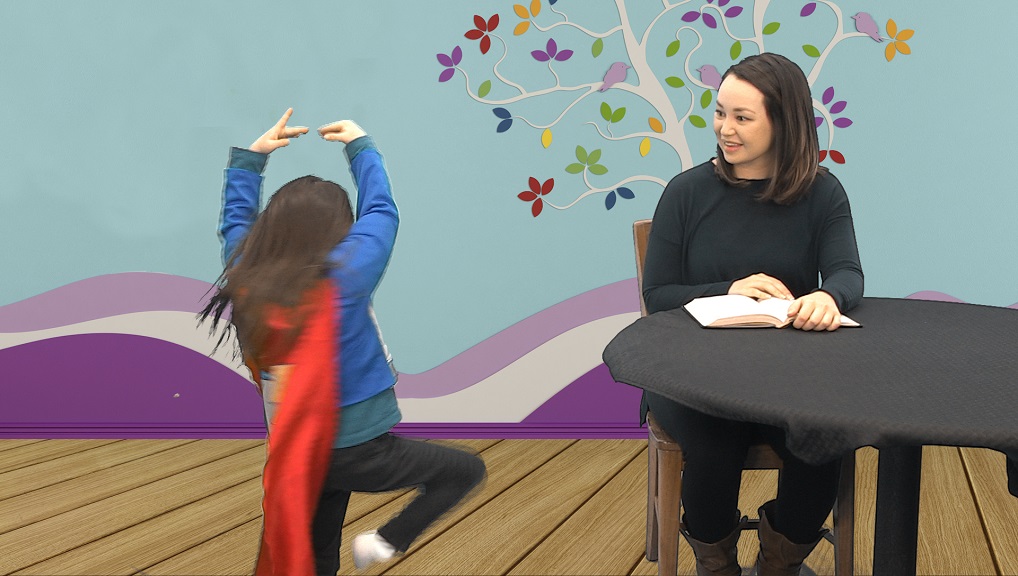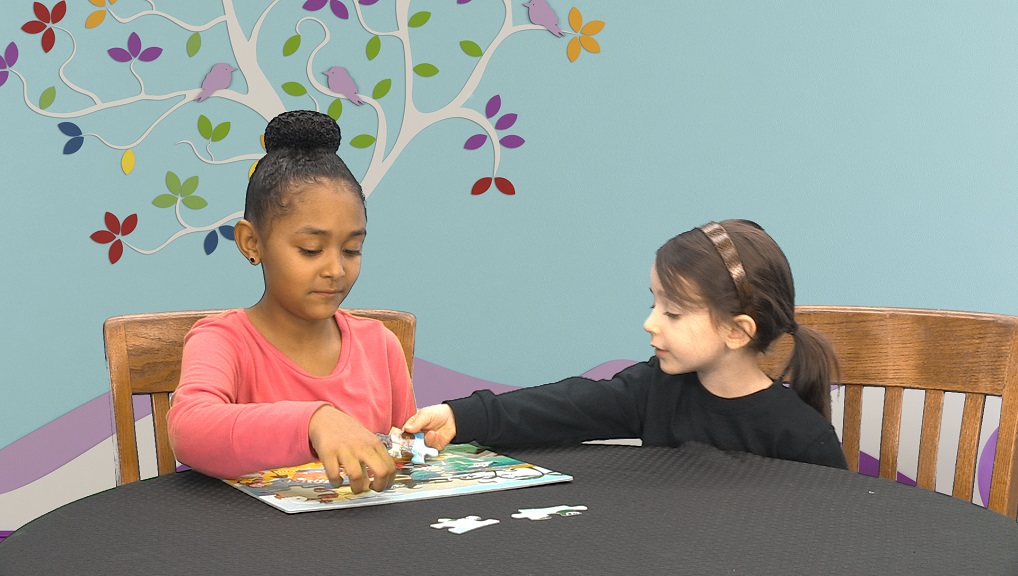Weekly Content Update | Play Skills & Pretend Play
Over the past several months our film team has added dozens of skits modeling peer interactions and play skills to the Gemiini clip library. Using these clips in your student's custom assignments can help create a well rounded learning experience. This week's article explores the different types of peer interactions and play skills clips and where they can be found in the library.
Peer Interactions
Our Peer Interactions clips model short, upbeat social interactions between children and peers or adults to teach social skills like requesting attention, communicating with peers, and engaging in appropriate play. Improving these skills builds confidence and self esteem by helping your child communicate and relate with others. These clips are great models for encouraging spontaneous communication with peers.

All Peer Interactions clips are located in Spoken Language → Conversational → Encouraging Conversations → Peer Interaction.
Play Skills
Play is deeply important in fostering healthy social, emotional, cognitive, and physical development. Play helps children improve skills related to motor function, communication, language, problem solving, and creativity.
Our Play Skills clips are currently categorized in separate facets for Learning to Play and Pretend Play. In Skills → Social Skills → Play Skills → Learning to Play you will find clips modelling different games and activities as well as the skills children use to engage in collaborative play.

Pretend Play is an important form of play where children make-believe imaginary scenarios and act out different social and emotional roles. This form of play encourages imagination and creativity. It allows children to put themselves into someone else's shoes and to practice understanding how other people think and feel. Pretend play helps improve language and other skills critical to communicating and developing relationships.

The clips in Pretend Play model children making believe alone, with peers, and with the adults in their lives. Each concept is simple to recreate and can be generalized during play sessions with your student at home. Pretend Play clips are located in Skills → Social Skills → Play Skills → Pretend Play.
If you are looking for QuickStart videos teaching the skills from these clips, check out the pre-made assignments in the Pretend Play, Requesting, or Social Skills sections of the QuickStart Skills library. More information about the assignments in QuickStart Skills can be found in our QuickStart Skills Guide.
For help using Pretend Play, Play Skills, or any of our clips in your student's assignments, schedule a call with one of our product specialists. If you're having technical trouble or need help getting started, check out the articles in our Knowledge Base. If you're looking for clips that don't exist on the site, please send a content request to videos@gemiini.org.
